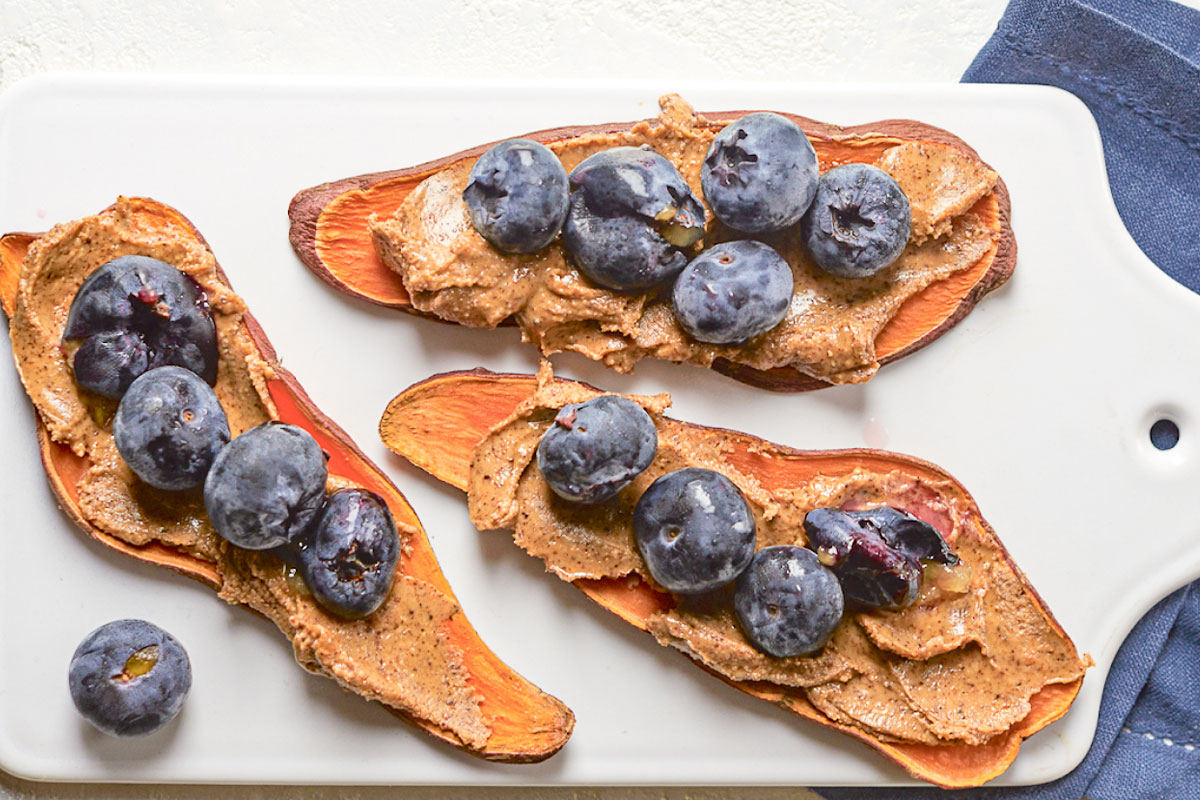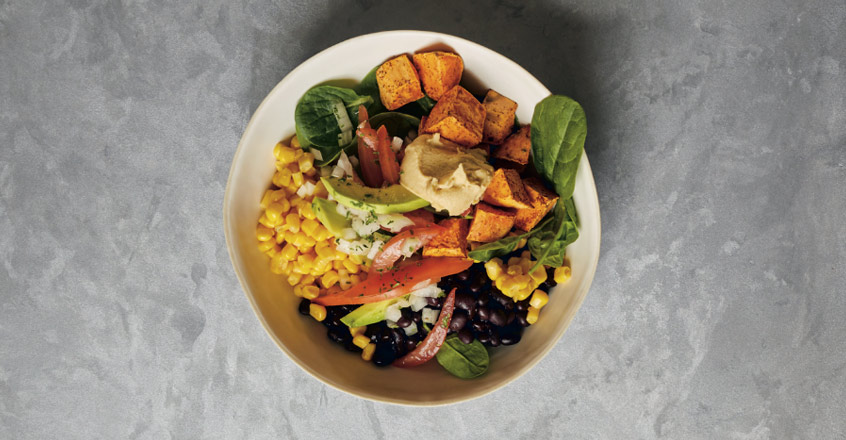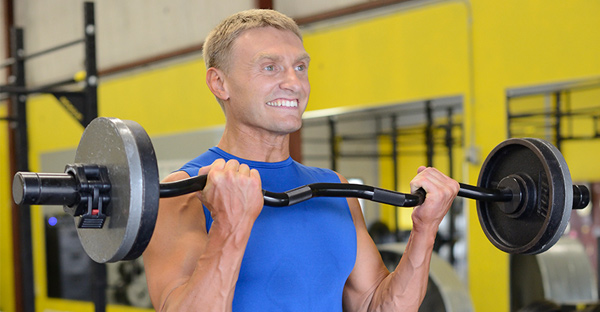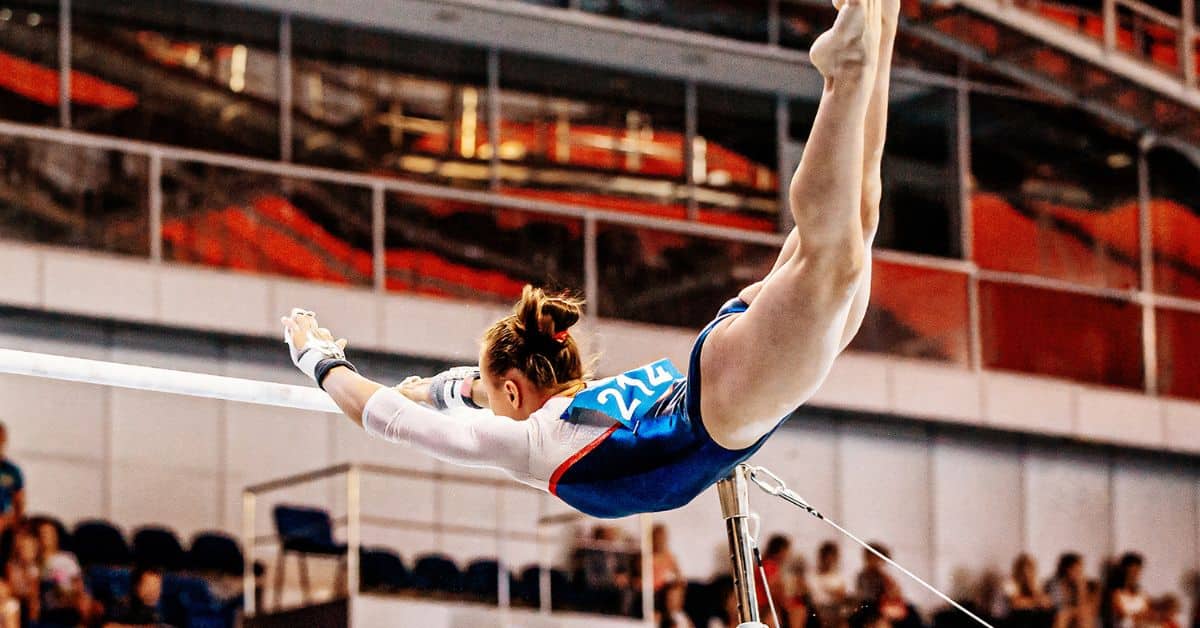
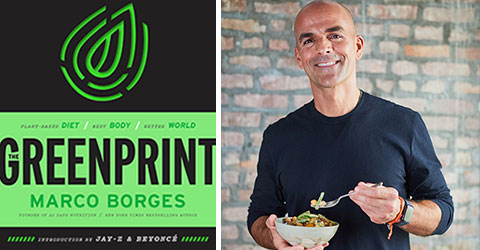
The following is an excerpt from The Greenprint (2018, Harmony Books, an imprint of the Crown Publishing Group, a division of Penguin Random House LLC) by Marco Borges, introduction by Jay-Z and Beyoncé.
There’s this terrible but somewhat comical misconception that in order to be strong and powerful, we must eat meat. I often wonder if those who believe this to be true ever think about the most powerful creatures on earth and what they’re eating. Elephants are the biggest land animals, some of the most impressive giants on the planet, and they’re herbivorous. Rhinos, gorillas, pandas, giraffes, hippos, horses—all plant eaters. Bison and cows, also plant eaters. And today, some of the strongest, fastest, and most powerful athletes are also plant eaters.
“The world’s strongest animals are plant eaters. Gorillas, buffaloes, elephants, and me.”
— Patrik Baboumian, strongman world record holder
I work with a lot of athletes, entertainers, and avid exercisers who have switched to a plant-based diet for all the health and athletic performance benefits it provides. As they make the transition, they wonder if they need to eat meat to perform successfully. The answer is a resounding no. As I’ve pointed out, there is plenty of protein in a nutritionally balanced plant-based diet, and plant protein is much better for muscle building than animal protein. When we exercise, we create inflammation in our muscles. When you’re in the recovery process after exercise, your body wants to reduce that inflammation so your muscles can properly repair themselves and grow. Eating meat actually worsens inflammation. It’s too taxing to your body. If you want to truly build good, strong muscles, consume more plant-based foods, so you can minimize the inflammation in your body. The quicker you do that, the faster your recovery will be, and the quicker you can get into another workout.
Athletes and exercisers do need to ensure that they’re getting a balanced amount of the nine essential amino acids that the body uses to build and repair muscle, among other things, but can’t produce on its own (meaning you have to get them from the foods you eat). Amino acids are the building blocks of protein, and they’re abundant in plant foods. The nine essential amino acids are:
- Isoleucine: watercress, chard, sunflower seeds, spinach, kidney beans
- Leucine: alfalfa seeds, kidney beans, watercress, sunflower seeds
- Lysine: watercress, walnuts, peas, lentils, brewer’s yeast, almonds, chickpeas
- Methionine and Cysteine: sesame seeds, seaweed, spirulina, Brazil nuts, oats
- Phenylalanine and Tyrosine: sesame seeds, kidney beans, spinach, peanuts
- Threonine: watercress, spinach, sesame seeds, sunflower seeds, kidney beans
- Tryptophan: spinach, turnip greens, broccoli rabe, asparagus, oat bran, kidney beans, watercress
- Valine: mushrooms, snow peas, kidney beans, sunflower seeds, sesame seeds
- Histidine: apples, beets, carrots, celery, cucumber, spinach
As you can see, many of the foods overlap under two or more amino acids, so it’s not that difficult to ensure you are getting a good mix of aminos acids each day. You can also easily add some complete (containing all nine essential amino acids) vegan proteins like quinoa, buckwheat, hempseed, and chia seed.
After converting to a plant-based diet, many athletes I know have experienced rather amazing benefits, including increased cardiovascular health, improved overall endurance, more energy, muscle growth, and reduced recovery time.
Many athletes on a plant-based diet run into problems when they fail to recognize potential nutrient deficits before they become problematic. When you are planning out your plant-based diet, pay special attention to how much of the following nutrients you’re consuming:
- Vitamin D
- Vitamin B12
- Zinc
- Iron
- Omega-3 fatty acids
The good news is that eating a good range of colorful veggies and fruits and incorporating a range of healthy fats into your diet will help take care of any potential deficits. Vegetables, fruits, legumes, nuts, and seeds contain an amazing array of vitamins, minerals, and fatty acids—we just need to make sure we are eating the right foods.
After converting to a plant-based diet, many athletes I know have experienced rather amazing benefits, including increased cardiovascular health, improved overall endurance, more energy, muscle growth, and reduced recovery time. Even so, there continues to be a lively debate over whether athletes should go plant-based. Well, not only do plant-based athletes continue to win medals and competitions, but science is stacking up on the side of cutting meat out of athletic diets.
In a study conducted at Arizona State University, vegetarian and vegan endurance athletes were found to have better cardiovascular fitness than—and be just as strong as—meat-eating athletes, perhaps in part because these diets are typically higher in healthy carbs, researchers noted. Ditching meat means finding plant replacements that offer more carbohydrates and more nutrients, and thus a more even delivery of energy throughout the day.
What about vegans and strength sports? Many weight trainers think a plant-based diet might be detrimental to their efforts; they fear they won’t get enough protein. But we know this isn’t true, since vegans get more than enough protein, and all the protein we require we can get from plants. Other weight trainers feel that a vegan diet enhances their training regimen by reducing fatigue and improving general health. Fortunately, researchers are starting to study vegan weightlifters and their nutritional needs. A study conducted in 2017, for example, revealed that a non-calorie-restricted plant-based diet burned body fat while preserving muscle—which is a goal of weight training, especially for competitive bodybuilders.
Contrary to what many believe, it really is possible to succeed on a plant-based diet in the highly intensive world of sports. When you train hard, you burn more energy and put stress on your body. You need to eat more as a result. Plant-based foods are an incredible source of nutrition for maximum workout power.
Try These Recipes From The Greenprint
Copyright 2026 Center for Nutrition Studies. All rights reserved.
Deepen Your Knowledge With Our
Plant-Based Nutrition
Certificate
Plant-Based Nutrition Certificate
- 23,000+ students
- 100% online, learn at your own pace
- No prerequisites
- Continuing education credits


